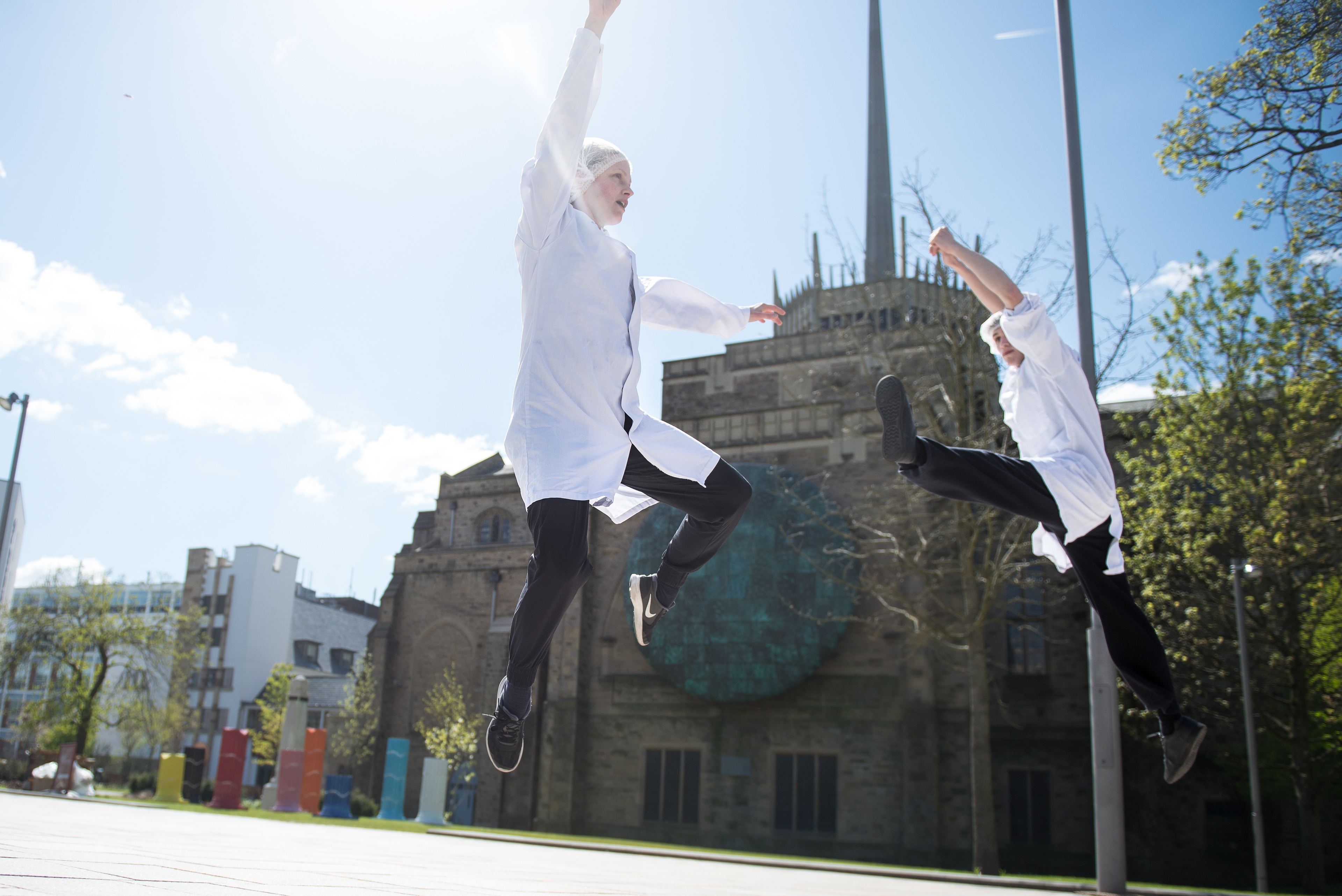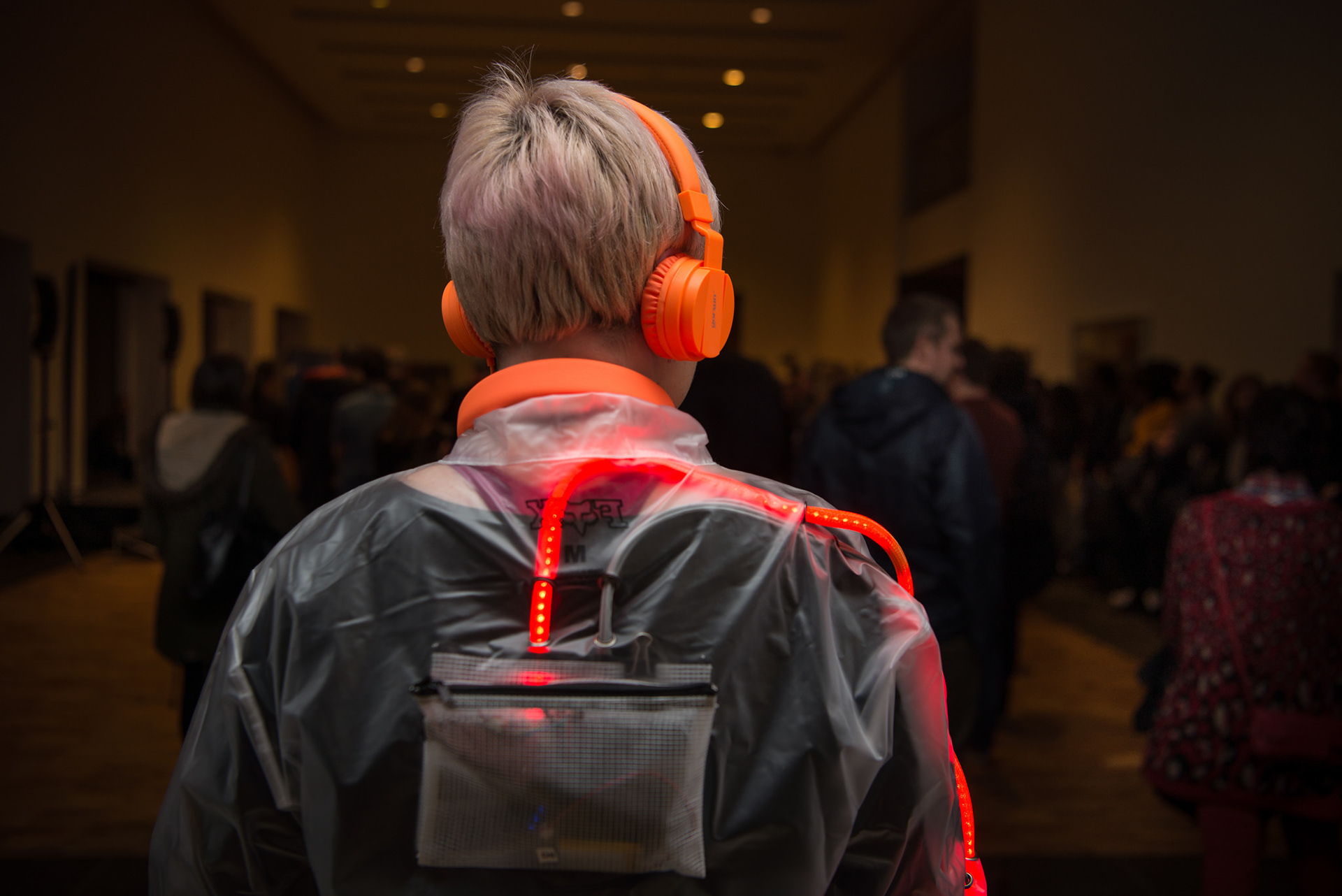


SKILLS + SERVICES
Action-Led Research + Evaluation - I usually start with a series of questions to explore, and develop logical frameworks and theory of change to design, plan and evaluate. I am concerned with ethical and conscious approaches to implement change and measure impact. I use a range of creative research methodologies, some listed in the Tools section below.
Curating + Commissioning - Working with artists is at the heart of my practice and has been since my career started in 2001. No matter what my brief is, I will find a way to engage and commission artists, designers, architects, photographers and makers. In collaboration with artists, I create space for open dialogue - sharing experiencers, critical conversations and decision-making.
Directing + Producing - Creating local, regional and international exhibitions, programmes and events, including brokering new partnerships, fundraising and implement new ways of working to make them happen. Where I can, I implement training and development for artists, commissioners and participants.
Engagement + Advocacy - A key part of operating in the cultural and creative sector is engaging with a wide range of people, from communities to local authorities, young people and politicians, media and investors. Communicating the benefits and impact our work has on people's lives, creating skills and jobs and attracting inward investment supports long-term sustainability and legacy.
Strategy + Partnerships - I facilitate and develop frameworks for strategy, policy and positioning, for public sector cultural departments and organisations, businesses and individual artists to create pathways to realise their visions and ambitions. This leads to development and fundraising, identifying advocates and building partnerships.
TOOLS + METHODOLOGIES
I use a range of tools and methodologies to research and develop, engage and consult, vision and deliver on both commissioned and self-initiated briefs. My approach is considered, tested, open, collaborative and creative. Deliverables are action-focussed, based on evidence and realistic targets. I am committed to learning and piloting new ways of working as well as refining tested techniques. Below is a list of some of my favourite tools in my toolbox.
UNDERSTANDING
Building knowledge to develop an understanding of the theme, context, and place is a crucial starting point to any brief.
A review of relevant national and local literature and strategies as well as articles, reference books, talks and films all help build a deeper understanding. I am also dedicated to studying research and reports about the value of culture to the UK economy. This helps to inform perspectives, ideas, strategies and decision making.
Where possible, I review data and intelligence on audience participation, arts and cultural investment, the spatial, sectoral and demographic distribution of activity, and creative industries clusters and networks. This provides a richer understanding of the current baseline and help identify gaps, opportunities and challenges.
MAPPING
Since I was a child, I have been obsessed with maps (I know I am not alone). I continue to find ways to use mapping as a creative tool for research, engagement activities, communication and measuring impact.
I have developed skills in a range of mapping methods including mind mapping, stakeholder mapping, journey mapping and cultural mapping.
Mapping is useful as a creative engagement tool for participants and stakeholders, as everyone can take part and encourages conversation and idea sharing.
Using both analogue and digital mapping tools, participants' information is captured during workshops and compile a generated contact, resource, and knowledge base as an asset to the project.
FACILITATION + CoDESIGN
Another tried and tested tool I use on a daily basis is facilitating conversations, workshops, labs and meetings. I am committed to ensuring these activities feel safe, inclusive, representative and informed.
The format for these activities varies depending on the objective, the theme, the participants, and the space (virtual or in person). However, I'm committed to be as creative, engaging, and productive.
When facilitating conversations or collaborative design sessions, I aim to implement a code of conduct - a list or statement of expectations of contributions and behaviour. I also advocate recording such activities to support on-going research, documentation, evaluation and reflection.
VISIONING + VALUES
Facilitating a collective vision which presents a set of beliefs and values, transferable to a range of different groups, sectors, disciplines, scales and geographies.
My research is creative, accessible and inclusive. It is based on evidence, conversation and collaboration. For us, these are the key principles to action-research, measuring impact and identifying success along the way.
A tool which has proven successful for community-led decision making projects is a manifesto (or Statement of Intent) which sets out a set of values and core principles in which the co-producing team set out; a list of intentions that align with the ethos and purpose of the group or project. This tool can be used for engaging a wider audiences and stakeholders, attracting investment and for PR stories.
PEOPLE DEVELOPMENT
I am passionate to developing people through my work and projects, in particular emerging artists and producers, community participants, young people, and those who may not practice art and creativity but are interested and want to collaborate.
I advocate for inclusive tools such as mentoring, coaching, training and signposting to build knowledge and networks.
Whilst I am committed to continue my own personal and professional development needs, I do try to lead by example. I keep a learning journal where I log what I have learnt that week or list what I want to find out more or new skills I want to develop.
My mission is to make new friends and collaborators, make memories and make an impact.
SHARING + FEEDBACK
Anyone who knows me understands how much I value sharing ideas, learnings, best practice approaches and celebrating successes.
I use a range of a methods to do this, from internal debriefs, reflections and self-evaluation to external events, articles, publications and webinars.
For public facing activities, I have produced many different types of audience and stakeholder activities, including the curation of talks, conferences and webinars, walking tours, professional development workshops and conversations.